
Similar Posts
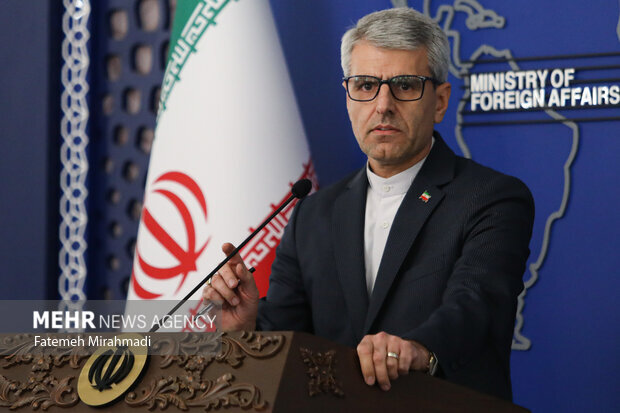
Iran Responds Strongly to Trump’s Bombing Threats: Tensions Escalate
Tensions between the US and Iran have escalated following former President Trump’s aggressive threats of military action and renewed sanctions against Iran, which Iranian Foreign Ministry Spokesman Esmaeil Baghaei condemned as violations of the UN Charter. Despite this, Iranian President Masoud Pezeshkian stated Iran remains open to indirect negotiations but rejects direct talks, citing US violations of agreements as a barrier to trust. The situation reflects a critical juncture, with the US relying on intimidation rather than diplomacy, raising concerns about regional stability. Both nations face a choice between escalating conflict or pursuing a path of dialogue and mutual respect.
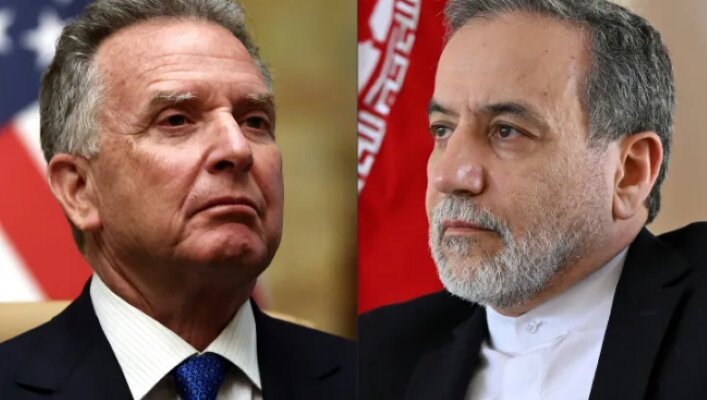
Exclusive Insights: Inside the Iran-US Closed-Door Negotiations
Negotiations in Muscat regarding the Iran nuclear issue are progressing with both parties preparing position papers that outline their priorities and non-negotiable red lines. These documents will be exchanged to enhance understanding of each other’s concerns. Iran insists the talks focus solely on nuclear matters, and discussions are expected to be indirect, facilitated by Omani mediators who will relay messages between the parties. This strategic separation allows Iran to manage its narrative. The outcome of these talks is pivotal for nuclear diplomacy and global security, with stakeholders needing to adapt to the evolving situation as negotiations unfold.
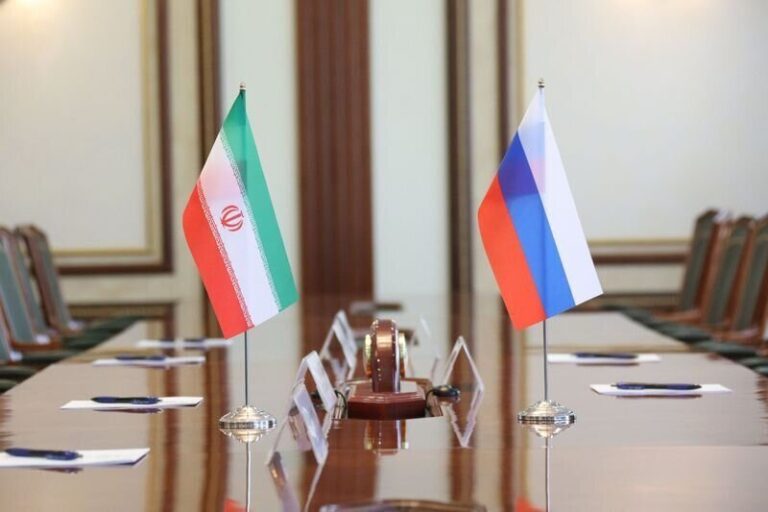
Iran and Russia Explore Enhanced Nuclear Cooperation: A Strategic Partnership Unfolds
Kazem Jalali, Iran’s Ambassador to Russia, met with Nikolai Spassky of Rosatom to discuss enhancing nuclear energy cooperation. The meeting emphasized the importance of scientific, technical, and technological collaboration, underscoring the longstanding friendly relations between the two countries. Plans for broader cooperation in economic, political, and cultural areas were also explored. Both leaders praised the successful partnership between Rosatom and Iran’s Atomic Energy Organization, viewing it as a model for peaceful nuclear energy use. This collaboration aims to enhance energy security, promote environmental protection, and stimulate economic growth, ultimately contributing to global energy sustainability.
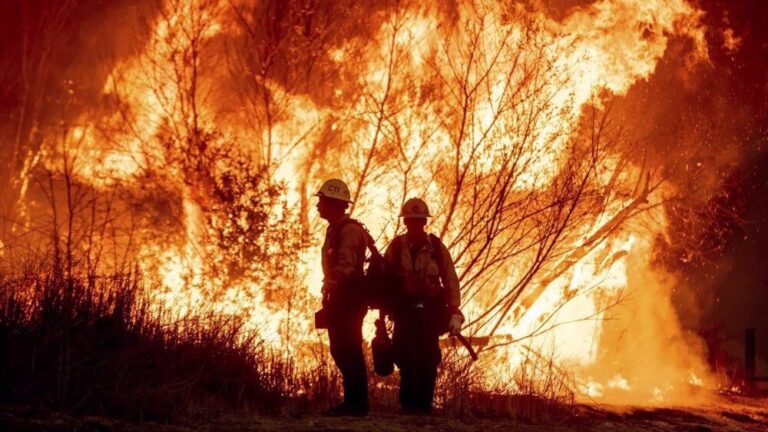
Tragic Wildfires in Mexico: At Least One Fatality Reported – Watch the Video!
Chihuahua is currently grappling with six active wildfires, raising concerns about environmental safety and public health, according to the National Forestry Commission (CONAFOR). The wildfires, fueled by dry weather, high temperatures, and human activity, threaten ecosystems, air quality, and local communities. Residents face health risks from smoke exposure, including respiratory and cardiovascular issues. Local authorities are actively working to control the fires while emphasizing the need for preventative measures, such as controlled burns and community education on fire safety. Collaborative efforts among residents, officials, and environmental advocates are crucial to address the growing wildfire challenges in the region.
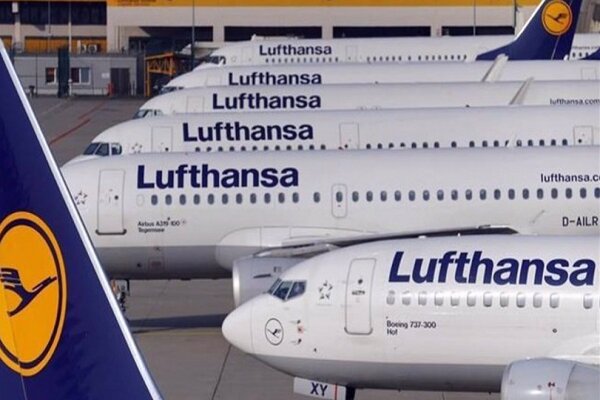
Iran and Lufthansa in Talks to Relaunch Flights: A New Era of Travel Awaits!
Iran’s Airports and Air Navigation Company, led by acting chairman Amirani, announced plans for Lufthansa to resume flights to Iran, generating excitement in the aviation sector. A final meeting with Lufthansa is scheduled soon, but specific flight dates remain undisclosed. Additionally, the expiration of a European Union Aviation Safety Agency security advisory has led to over 700 daily transit flights over Iranian airspace. The first flight from Tehran to Paris is expected on February 31, following a suspension due to EU sanctions. These developments signal a potential boost for Iran’s tourism and economic ties with Europe, enhancing its aviation industry.
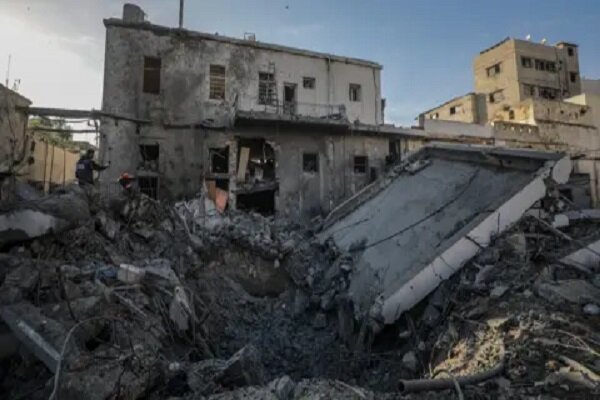
Palestinian Group Condemns Israeli Airstrike on Gaza Hospital: A Call for Justice
A humanitarian group has condemned the recent attack on the Kuwaiti Hospital in Gaza, which resulted in the death of a medical staff member and raised alarms about the safety of healthcare facilities in conflict zones. The group criticized international institutions for their inaction, suggesting that it has emboldened aggressors to target medical personnel. They emphasized the vital role of healthcare workers in providing care during these dire circumstances, despite overwhelming risks. The statement calls for urgent global action to protect medical facilities and personnel, highlighting the pressing need for accountability and reform in response to ongoing violence in Gaza.